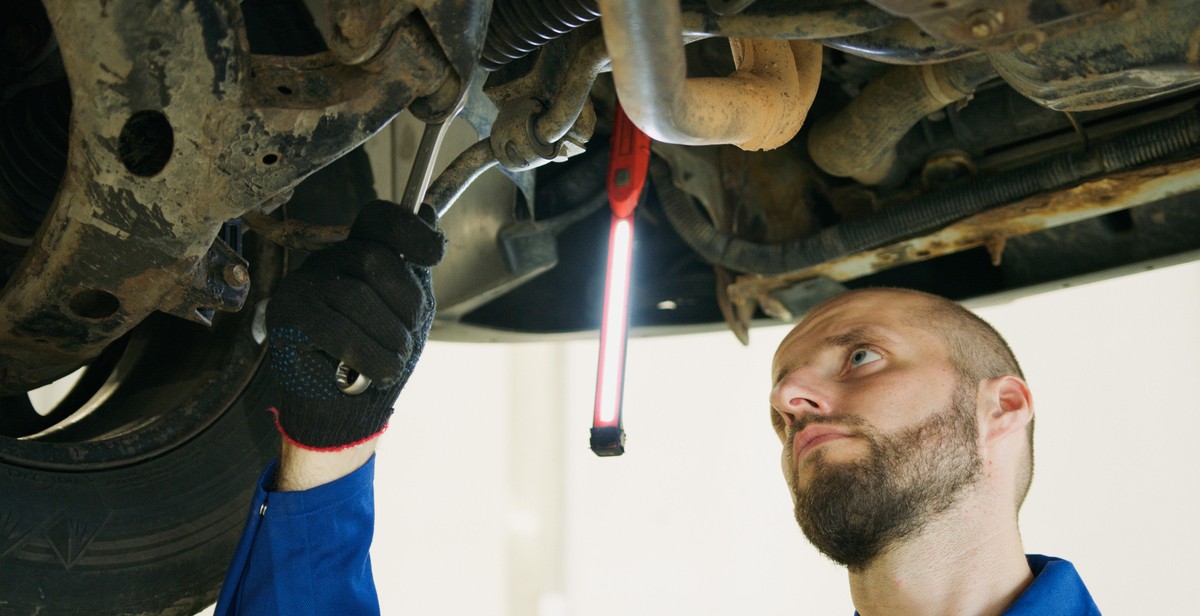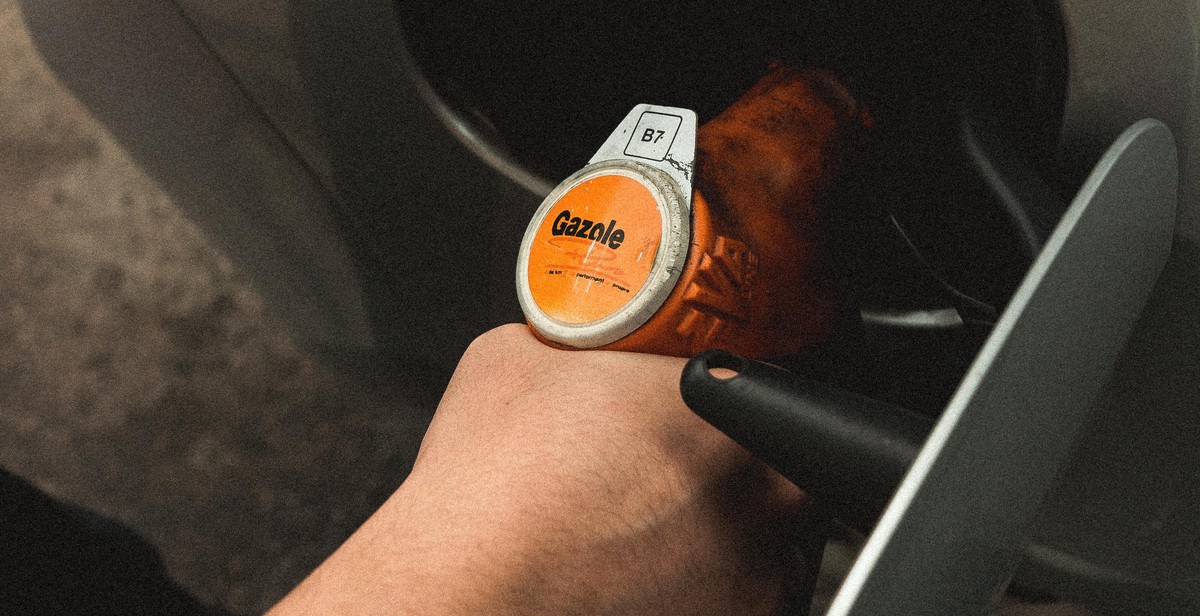How to Improve the Performance of Your Car’s Engine
Your car’s engine is the heart of your vehicle, and its performance is crucial for the overall functionality of your car. A well-performing engine not only ensures a smooth and comfortable ride but also improves fuel efficiency and reduces emissions.
Why Engine Performance is Important
Engine performance is important for several reasons:
- Power: A high-performing engine provides more power, which translates to better acceleration, speed, and overall performance.
- Fuel Efficiency: A well-tuned engine uses fuel more efficiently, which helps you save money on gas and reduces your carbon footprint.
- Durability: A poorly performing engine can cause damage to other parts of your car, leading to costly repairs and replacements.
- Safety: A reliable engine ensures that your car is safe to drive, reducing the risk of accidents and breakdowns.
Improving your engine’s performance can be done through regular maintenance, upgrades, and modifications. By taking care of your car’s engine, you can enjoy a better driving experience and prolong the life of your vehicle.

Regular Maintenance
Regular maintenance is crucial for keeping your car’s engine running smoothly and efficiently. By following a few simple steps, you can improve the performance of your engine and extend its lifespan.
Changing the Oil Regularly
One of the most important things you can do for your engine is to change the oil regularly. Over time, oil breaks down and becomes less effective at lubricating the engine’s moving parts. This can cause increased wear and tear and reduce the engine’s performance. By changing the oil and filter at least every 3,000 miles or as recommended by your car’s manufacturer, you can ensure that your engine is running at its best.
Replacing Air Filters
A dirty air filter can restrict airflow to the engine, reducing its performance and fuel efficiency. It’s important to check your air filter regularly and replace it when it becomes dirty or clogged. This is especially important if you drive in dusty or dirty conditions. A clean air filter can improve your engine’s performance and help it to run more smoothly.
Checking and Replacing Spark Plugs
Spark plugs are responsible for igniting the fuel in your engine’s cylinders. Over time, spark plugs can become worn or dirty, which can cause misfires and reduced performance. It’s important to check your spark plugs regularly and replace them as needed. This can improve your engine’s fuel efficiency and performance.
By following these simple maintenance steps, you can keep your car’s engine running smoothly and efficiently. Regular maintenance can help to prevent costly repairs and extend the lifespan of your engine, saving you time and money in the long run.

Upgrading Parts
There are many ways to improve the performance of your car’s engine, but one of the most effective is to upgrade certain parts. Here are three popular upgrades:
Upgrading the Air Intake System
The air intake system is responsible for bringing air into the engine. Upgrading this system can increase horsepower and improve acceleration. One popular upgrade is to install a cold air intake, which brings cooler air into the engine, resulting in more power. Another option is to install a high-flow air filter, which allows more air to flow into the engine.
Installing a Performance Exhaust System
The exhaust system is responsible for expelling gases from the engine. Upgrading this system can increase horsepower and improve sound. One popular upgrade is to install a cat-back exhaust system, which replaces the exhaust system from the catalytic converter back. This can increase horsepower and improve sound. Another option is to install a header, which replaces the exhaust manifold and can increase horsepower.
Adding a Turbocharger or Supercharger
A turbocharger or supercharger can significantly increase horsepower. These devices force more air into the engine, resulting in more power. A turbocharger uses exhaust gases to spin a turbine, which then forces air into the engine. A supercharger uses a belt-driven compressor to force air into the engine. Both options can be expensive and require professional installation, but can result in significant power gains.
| Upgrade | Pros | Cons |
|---|---|---|
| Cold Air Intake | Increased horsepower and acceleration, improved engine sound | May not be legal in all states, can allow more dirt into the engine |
| High-Flow Air Filter | Increased horsepower and acceleration, improved engine sound | May not be legal in all states, may require more frequent cleaning |
| Cat-Back Exhaust System | Increased horsepower and acceleration, improved engine sound | May not be legal in all states, can be expensive |
| Header | Increased horsepower and acceleration, improved engine sound | May not be legal in all states, can be expensive |
| Turbocharger | Significant increase in horsepower | Expensive, requires professional installation, can increase wear and tear on the engine |
| Supercharger | Significant increase in horsepower | Expensive, requires professional installation, can increase wear and tear on the engine |

Fuel and Lubricants
One of the most critical factors that determine the performance of your car’s engine is the fuel and lubricants you use. Using low-quality fuel and lubricants can lead to poor performance, reduced fuel efficiency, and even damage to your engine. Therefore, it is essential to use high-quality fuel and lubricants to ensure your engine’s optimal performance.
Using High-Quality Fuel
High-quality fuel contains a balanced blend of additives that help to clean and protect your engine’s components. These additives help to prevent the build-up of deposits, which can cause a reduction in performance and fuel efficiency. Additionally, high-quality fuel has a higher octane rating, which means it burns more efficiently and produces more power.
When choosing fuel, it is essential to consider the octane rating. The octane rating refers to the fuel’s ability to resist knocking or pinging during combustion. Engines with high compression ratios require fuel with a higher octane rating to prevent knocking. Therefore, it is crucial to check your car’s owner manual or consult with a mechanic to determine the recommended octane rating for your car.
Using Synthetic Motor Oil
Synthetic motor oil is a lubricant that is specially formulated to provide better protection and performance than conventional motor oil. Synthetic motor oil has a more consistent molecular structure, which allows it to provide better lubrication and reduce friction between engine components. Additionally, synthetic motor oil can withstand extreme temperatures, which makes it ideal for high-performance engines.
Using synthetic motor oil can provide several benefits, including improved fuel efficiency, better engine performance, and longer engine life. Synthetic motor oil also requires fewer oil changes, which can save you money in the long run.
| Benefits of Using High-Quality Fuel and Lubricants |
|---|
| Improved engine performance |
| Increased fuel efficiency |
| Reduced engine wear and tear |
| Extended engine life |
| Reduced maintenance costs |
Overall, using high-quality fuel and lubricants can significantly improve your car’s engine performance. By choosing the right fuel and lubricants for your car, you can ensure that your engine runs smoothly and efficiently for years to come.

Conclusion
Improving the performance of your car’s engine can be a daunting task, but there are several tips that can help you achieve this goal. By following the tips outlined in this article, you can boost your car’s engine performance, increase its lifespan, and save money on repairs and maintenance in the long run.
Summary of Tips
- Regularly change your oil and oil filter.
- Upgrade your air filter.
- Use high-quality fuel.
- Install a performance chip.
- Upgrade your exhaust system.
- Replace worn out spark plugs and ignition coils.
- Keep your engine clean and free of debris.
Benefits of Improving Engine Performance
Improving your car’s engine performance can lead to several benefits, including:
- Increased horsepower and torque.
- Better fuel economy.
- Improved acceleration and speed.
- Reduced emissions.
- Extended engine life.
- Reduced maintenance and repair costs.
Final Thoughts
Improving the performance of your car’s engine is a great way to enhance your driving experience and save money on maintenance and repairs. By following the tips outlined in this article, you can achieve better engine performance and enjoy a smoother, more efficient ride.
| Tip | Benefit |
|---|---|
| Regularly change your oil and oil filter. | Extended engine life. |
| Upgrade your air filter. | Better fuel economy. |
| Use high-quality fuel. | Increased horsepower and torque. |
| Install a performance chip. | Improved acceleration and speed. |
| Upgrade your exhaust system. | Reduced emissions. |
| Replace worn out spark plugs and ignition coils. | Reduced maintenance and repair costs. |
| Keep your engine clean and free of debris. | Extended engine life. |
